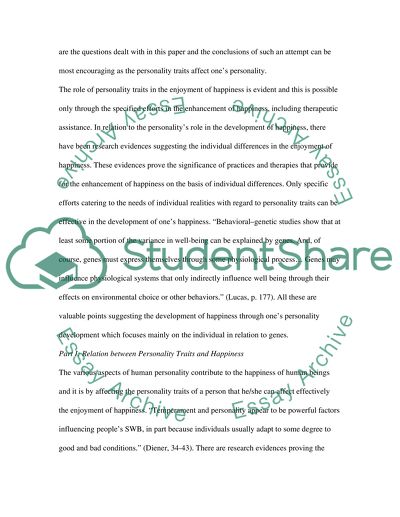Cite this document
(“Personality Traits and Happiness Essay Example | Topics and Well Written Essays - 1250 words”, n.d.)
Personality Traits and Happiness Essay Example | Topics and Well Written Essays - 1250 words. Retrieved from https://studentshare.org/psychology/1546834-personality-traits-and-happiness
Personality Traits and Happiness Essay Example | Topics and Well Written Essays - 1250 words. Retrieved from https://studentshare.org/psychology/1546834-personality-traits-and-happiness
(Personality Traits and Happiness Essay Example | Topics and Well Written Essays - 1250 Words)
Personality Traits and Happiness Essay Example | Topics and Well Written Essays - 1250 Words. https://studentshare.org/psychology/1546834-personality-traits-and-happiness.
Personality Traits and Happiness Essay Example | Topics and Well Written Essays - 1250 Words. https://studentshare.org/psychology/1546834-personality-traits-and-happiness.
“Personality Traits and Happiness Essay Example | Topics and Well Written Essays - 1250 Words”, n.d. https://studentshare.org/psychology/1546834-personality-traits-and-happiness.


